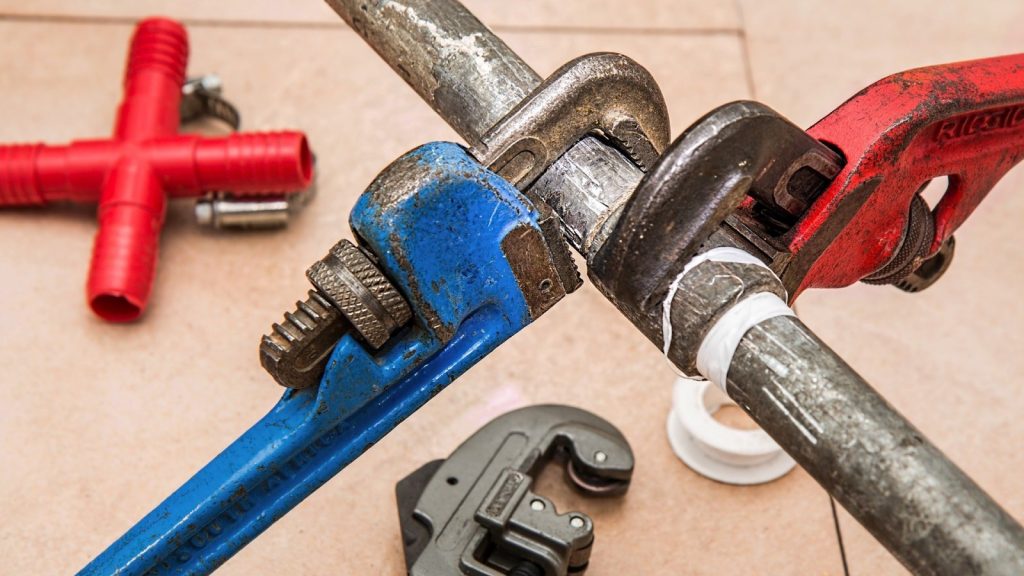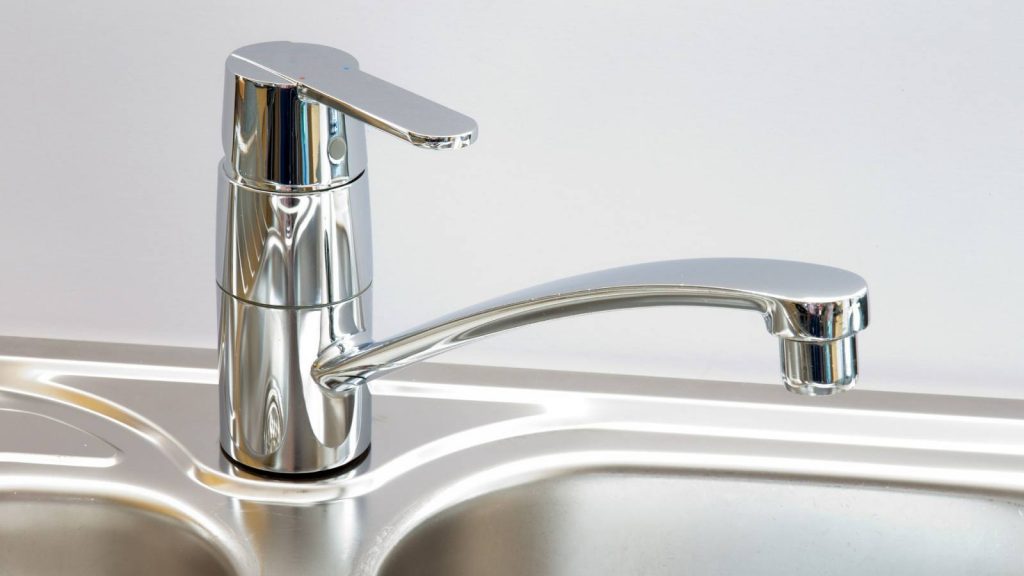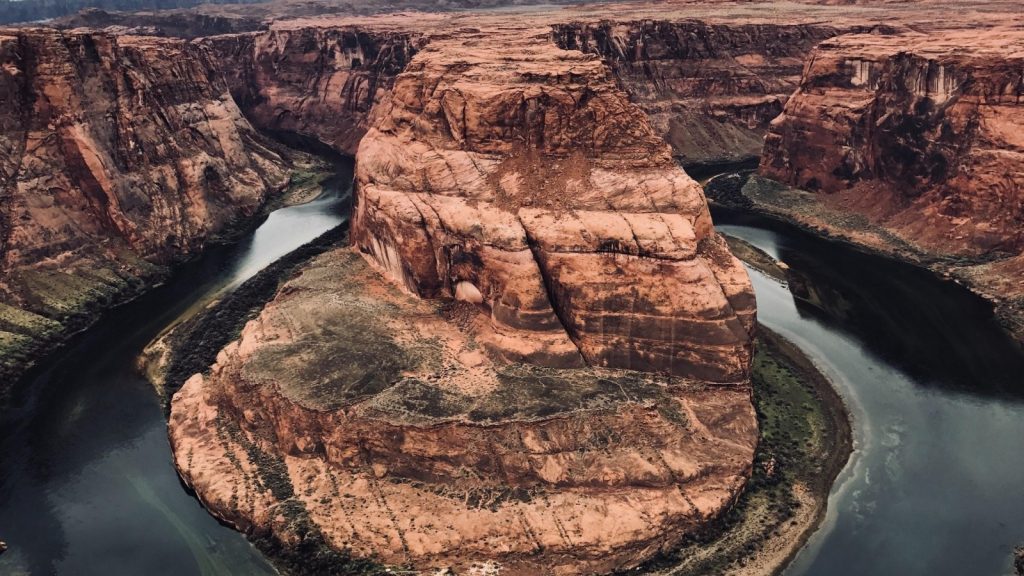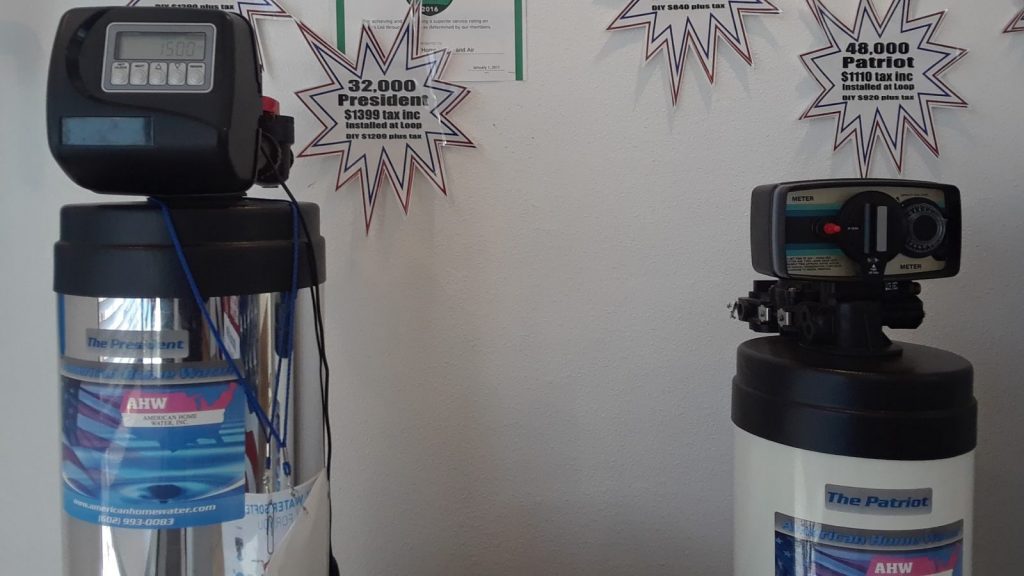The question of ‘water filter vs. water softener’ comes up quite a bit due to some common misconceptions about both systems.
In this article, we’ll compare and contrast these systems to help you spend your money wisely and end up with a solution that meets your needs.
Water Filter vs. Water Softener: An Apples to Oranges Comparison
Filters and softeners both treat your water — but with different objectives. There are systems that combine both objectives but understanding what said objectives are is key to making sense of these ‘all-in-one’ systems and whether you really need them.
What Water Filters Do
Water filtration systems are designed to remove impurities from your home’s water. In a city like Phoenix, even water that has passed through the municipal filtration system has been shown to contain toxic chemicals like:
- firefighting foam
- chromium-6 (a carcinogen)
- lead
- chlorine
- lithium
- selenium
- boron
A water filter in your home acts as a final stage of defense to protect your family from these toxins.
Some of the most popular water filters rely on a process called reverse osmosis, which forces your water through a tight membrane that prevents impurities from passing through.
Do Water Filters Soften Water?
Water filters remove impurities — but does that include the high concentrations of minerals that make Phoenix’s water particularly hard? In other words, do water filters soften water?
Negative; that’s not what they’re designed to do! Rather, they remove specific pollutants like carcinogens and lead.
The process through which this is achieved (i.e. membranes) does not remove mineral deposits. That requires a special method called ion swapping.
What Water Softeners Do

Water softening equipment is designed to remove minerals that make your water hard. This is especially important in cities like Phoenix, Arizona where water is extremely hard.
While they technically are “filters” by virtue of their removing unwanted contaminants, water softeners have a different enough purpose to warrant a separate classification.
As referenced earlier, water softeners use a process called ion swapping to replace calcium and manganese ions in your water with sodium ones.
This is the only way to achieve true water softening. Systems that use anything other than salt do not actually soften your water.
For example, if you swap the salt in your water softener for potassium, the minerals will be crystallized to produce a descaling effect in some (but not all; anywhere water sits, like in your heater, will still develop scale) water equipment.
Does a Water Softener Filter Water?
Given that water filters don’t soften water, you might be able to guess the answer to the question ‘does a water softener filter water?’ It’s a very familiar, “negative; that’s not what they’re designed to do!”
The sodium ion swap method is fantastic for reducing mineral concentrations in your water. It doesn’t, however, remove other contaminants like lead or chlorine.
Water Softener vs. Whole House Filter: Which One Should You Get?
Now that you understand the capabilities of water softeners and water filters, the next logical step is to help you navigate the question, ‘water softener vs whole house filter?’
The bottom line? Both systems are important.
Hard water increases your energy consumption and causes mineral buildup (scale) in your plumbing, appliances, and more.
In a city like Phoenix, Arizona, the water is particularly hard. Left untreated, this hard water can cost homeowners thousands of dollars per year in extra detergent, plumbing repair costs, and increased utility bills. Additionally, this mineral buildup produces an unsavory taste in water.
Chemicals like chlorine also result in an unsavory taste. More importantly, however, chlorine, lead, arsenic, and heavy metals (all of which have been found in Phoenix tax water) can have a negative impact on your family’s health.
As such, the question ‘whole house filter vs water softener’ is void when considering which system you need in your home. In actuality, you need both!
If your home currently has neither, you may want to consider an all-in-one system. Something like The Pro Health System incorporates water softening and filtration systems to provide a single solution for clean, safe water.
If your home has one system but not the other, the choice is clear; contact American Home and Water to discuss your options for having the other system installed.
Alternatively, if you have both systems, we hope you’ll entrust us (like thousands of Phoenix, Arizona residents have since our inception in 1985) with maintaining and repairing your water softener and filter.
Water Filtration System vs. Water Softener: Conclusion
To recap, a water filtration system is designed to remove toxic contaminants like lead, chlorine, and carcinogens that are commonly found in Phoenix’s tap water.
Water filters do not, however, soften your water. To achieve that, you need specialized water softening equipment that replaces minerals like calcium with sodium ions.
Neither system can replace the other; you should strive to have both installed in your home to keep your family safe from contaminants while also eliminating the expenditures that come from having unsoftened water.
Frequently Asked Questions
How does a water softener work?
A water softener works by swapping mineral ions for sodium ones. This results in reduced mineral concentrations, preventing things like scale and damaged skin that are common with hard water.
How to maintain a water softener?
Maintaining a water softener is simple on a day-to-day basis; simply check that the brine tank is adequately filled with salt. Every seven years or so you may have to replace the resin beads. Contact a professional with experience servicing your model of water softener to have this done.
How long does a water softener last?
A quality, well-maintained water softener should last you roughly 20 years.
How to filter water at home?
The best way to filter water at home is to buy a dedicated system that removes impurities. This can either be a whole-house system that filters all of your water for contaminants, or it can be a system that filters water specifically for drinking.
[related_posts_by_tax posts_per_page="3" format="thumbnails" image_size="medium"]









